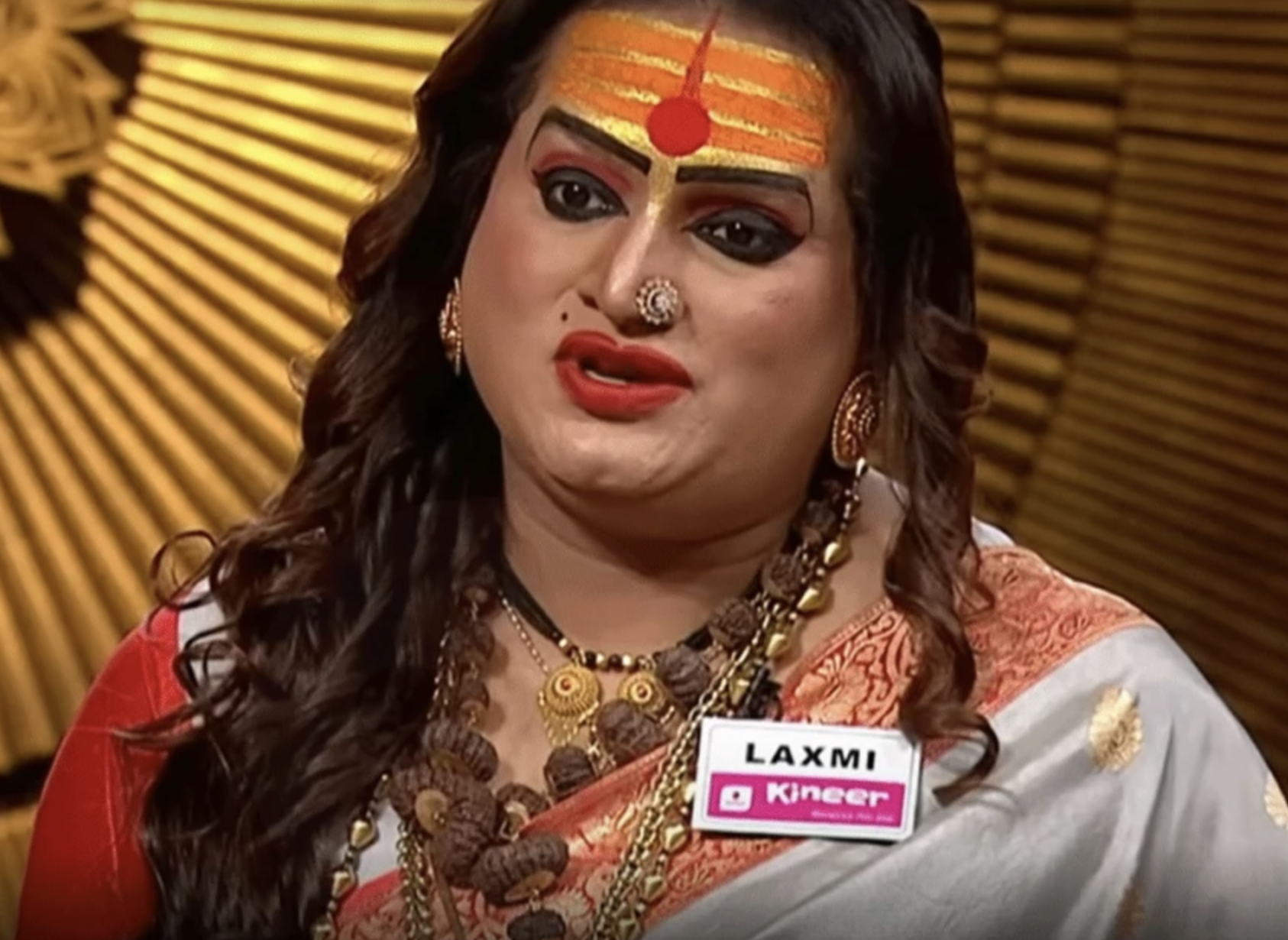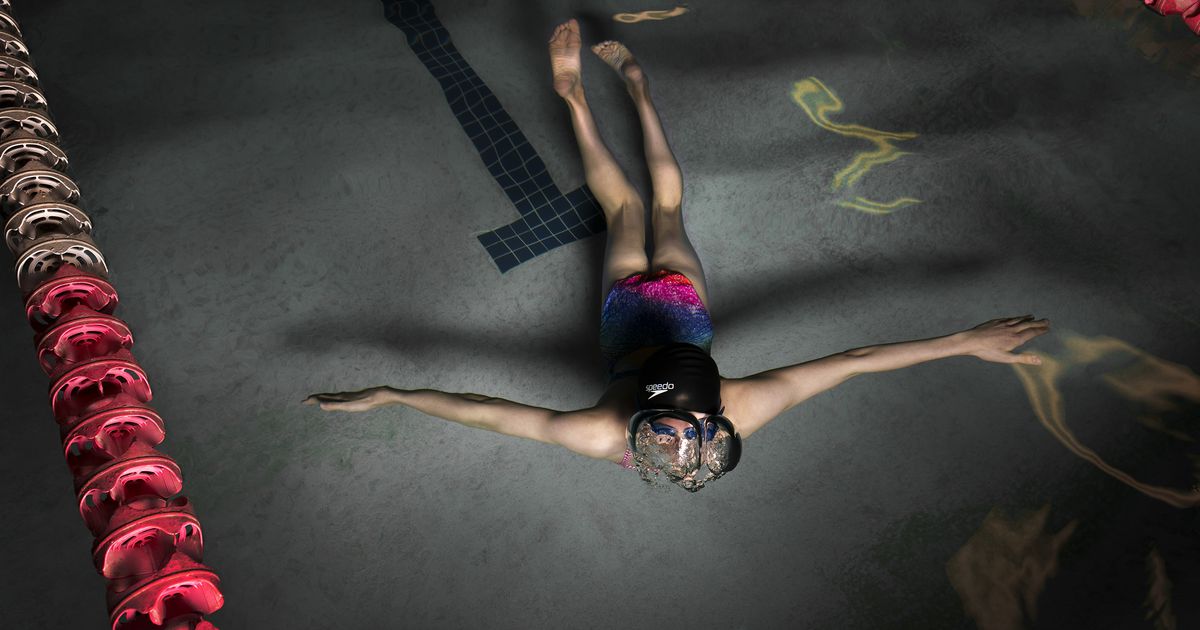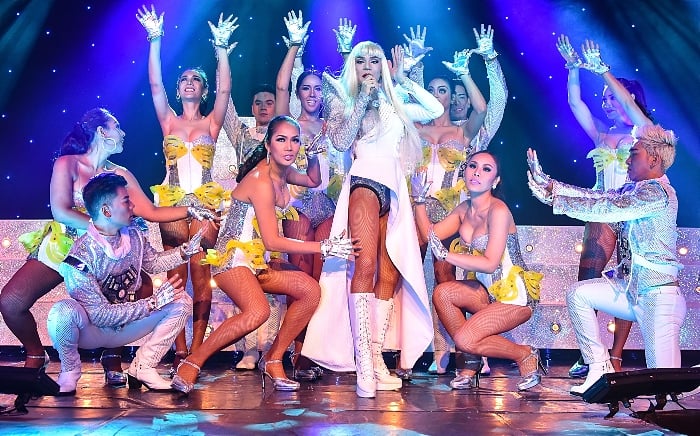
Below the Surface: Examining the Dallas Stars’ Support of the LGBTQ Community - Defending Big D

It’s easy to be cynical about sports teams. A lot of times, they don’t give you much reason to not be.
Hockey Is For Everyone is the NHL’s league-wide initiative that is supposed to hold the institution and its member clubs accountable for moving social equality forward and fostering inclusivity. The definition covers a myriad of things for clubs in the league, who celebrate players of color, girls and women playing hockey, supporting sled hockey, Paralympics, and Special Olympics teams, providing opportunities for youth in lower socioeconomic circumstances to experience the game, and ensuring that hockey is a safe and welcoming sport for members of the LGBTQ+ community, among other similar programs and initiatives.
At least, that’s what it is touted to be.
Teams focus on different aspects of Hockey Is For Everyone to varying degrees. The Dallas Stars do a lot of work among underprivileged children, like the commitment they made to St. Philip’s School and Community Center in south Dallas as part of their Winter Classic legacy project. They provide support for local sled hockey teams. They have a number of girls hockey days, where members of the Stars staff host clinics for little girls to get them interested in playing hockey.
But where they’ve really lacked in visible support is that of the LGBTQ+ community in years past. Like when they just completely forgot to acknowledge this aspect of the Hockey Is For Everyone philosophy when they hosted their theme night in 2017, citing “a busy week” as to why players did not wrap sticks in Pride tape or the team not doing more than running the league-produced public service announcement.
The Stars needed to be better when it came to the LGBTQ+ aspect of Hockey Is For Everyone.
While improvements in this area have not come as fast or visibly as fans and outside critics may like (or, really, even see publicly), the Stars as a team have done a lot to be actual allies rather than just executing performative acts of support. It’s not easy to see that, though, when a lot of it is behind the scenes and not publicly discussed or amplified often.
Right before the league went on pause due to the COVID-19 global pandemic, I spoke with a few of the Stars’ community partners to better understand how the club has increased its support of the LGBTQ+ community and where it still needs to do better. I wanted to understand if the criticism leveled by fans at the organization has resulted in actionable changes within the organization, and also understand the context of LGBTQ+ support in Texas, a traditionally conservative state.
You can’t ignore the strides a team in Texas takes toward openly supporting this community compared to some of the more progressive states in the country, and the Stars will always look miles behind the likes of the Toronto Maple Leafs or the Washington Capitals when it comes to Pride. Part of that is likely driven by the environment in which the team operates compared to other areas, as there has been a recognizable hesitancy of professional sports teams in this state to be openly supportive of the LGBTQ+ community because there is a perception that teams will alienate the majority of their conservative fans. (Maybe that’s why the Texas Rangers are the only Major League Baseball team not to do a Pride night organized by the team itself to date. The Houston Astros, the other MLB team in Texas, was one of the last in the league to finally host a team-organized Pride night.)
In this area, the Dallas Stars are a leader in the Dallas-Fort Worth sports scene. They were the first of the Big Four professional teams in the metroplex to host a Pride night, according to research conducted by Rafael McDonnell, the Communications & Advocacy Manager at The Resource Center, one of the Stars’ community partners. The Resource Center works to provide physical, emotional, and social wellbeing for the LGBTQ+ community in the DFW area, as well as educating and advocating for the equality of community members in society.
McDonnell admitted to being one of the vocal critics of the Stars after their botched Hockey Is For Everyone night in 2017. Since then, the Stars and The Resource Center have partnered to enact a number of changes to the way the team conducts itself. The Dallas Stars have donated a number of items to their largest philanthropy event of the year, helping them to raise money during their live auction. Stars staff, volunteers from the Foundation, and Stars players’ better halves have all volunteered at The Resource Center’s food pantry, which provides produce, perishables, and other food items for members that are living with HIV. Stars staff members have marched in Dallas’ Pride parade.
The team has given both time and money to supporting the LGBTQ+ community in the metroplex, and in some ways the time is even more important as it displays a commitment to not just talking the talk but actually living it out as part of the team’s ethos.
McDonnell also worked closely with the Stars as they re-worked their employment regulations. The Stars are now one of only four US-based NHL teams that has a fully-inclusive, explicitly stated employment policy protecting against all forms of discrimination, including gender identity, gender expression, and sexual orientation. Often, employment regulations leave out the gender identity and expression language, failing to protect employees that may be non-conforming, non-binary, transgender or transsexual. While many teams are in states that have state-wide laws to provide employees some (if not all) of these protections, there’s a certain level of gravitas that comes from putting out a policy that is inclusive in a firm, pointed way by the team itself.
In McDonnell’s view, there are many things the NHL can be criticized for, but Hockey Is For Everyone (and all that entails) is “one they got right.” In 2008, the league became the first among the big four sports leagues in North America to change its policies to protect players from discrimination for sexual orientation or gender identity. It would take three more years before the remaining teams (the MLB, NBA, and NFL) would follow suit.
Billy Scullion, executive board member of the You Can Play organization which has been a big partner with the league in the Hockey Is For Everyone initiative, believes that change happens incrementally. Though a lot of the ways in which the Dallas Stars have supported the community haven’t been particularly amplified or known among the fan base, these actions, along with the conversations that are happening in places where years ago you’d never imagine them taking place, demonstrates that incremental change.
Scullion said the Stars asked how they could take a one-day event and really turn it into a 365-day commitment to diversity throughout their organization.
As the Dallas Stars continue to take steps to improve throughout their organization, Scullion noted that it has to be the entire hockey community that makes hockey a place of acceptance and inclusivity. Creating a positive experience in whatever way someone interacts with the sport — as a player, a fan, a staff member, etc. — starts with those incremental steps. It’s having the conversation about how the sport isn’t inclusive now. It’s highlighting the similarities between fans from different backgrounds (everyone wants the team to win, right?). It’s speaking up when you see or hear something that makes someone uncomfortable.
Fans should continue to push the organization to do and be better, hold them accountable when they fall short, and acknowledge when they’ve taken steps forward. They’re doing more than they did in 2017, and they’ve taken steps to truly living out ally-ship when it comes to the LGBTQ+ community. But there’s still a lot of work to do — for the organization and the fans both — before we can truly declare Hockey Is For Everyone.
An easy place for the Stars to take another step forward is to be more transparent about their support of LGBTQ+ foundations and initiatives, and their work with the LGBTQ+ community. The point of Hockey Is For Everyone is that it helps the teams engage with and support the community as they build those bridges of equality, but with that comes the commitment to doing so publicly. Just committing time, donations, and funds isn’t enough. The Stars have to publicize it. And with very little in the way of sticks and pucks on the ice to capture the limelight right now, this June is the perfect opportunity for them to start doing so, one tweet, one video, one NHL.com article at a time.






























